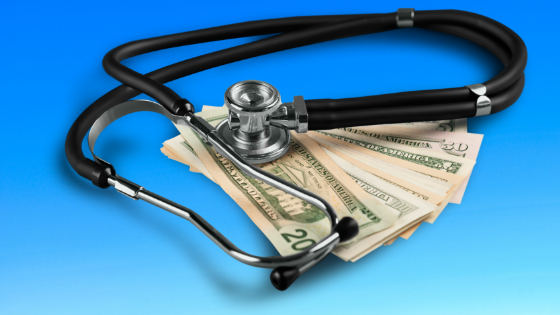Nearly one-in-four individuals are having problems paying their medical bills, and one-in-seven have a medical debt that has been placed with a collection agency, based on a report that was published last week by the Commonwealth Fund.
The survey, which started before the coronavirus pandemic shut down much of the country but continued through June, also revealed that 60% of individuals who were underinsured or uninsured are paying off medical bills over time, more evidence of what the researchers label as “mounting medical debts.”
The Commonwealth Fund is a private, nonprofit foundation supporting independent research on health policy reform and a high-performance health system.
More than one-third of individuals with medical debts have used up all of their savings to try and pay their bills, and 40% have seen their credit scores drop because they are behind on their payments. Nearly one-third have taken on additional credit card debt to help manage their life’s expenses, while 26% said they are unable to pay for basic necessities, such as food, rent, or heat.
“The survey shows a persistent vulnerability among U.S. working-age adults in their ability to afford coverage and health care,” said Sara Collins, lead author of the study and Commonwealth Fund Vice President for Health Care Coverage and Access, in a statement. “That vulnerability could worsen if the COVID-19 pandemic and related economic downturn continue. Coverage inadequacy is compromising people’s ability to get the care they need and leaving many with medical debt at a moment of widespread health and financial insecurity, and an uncertain future.”









